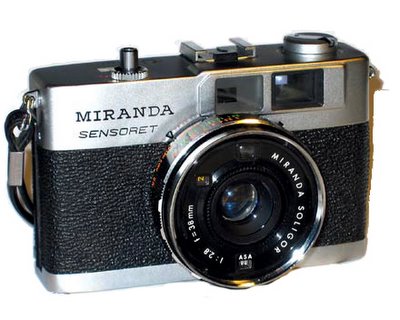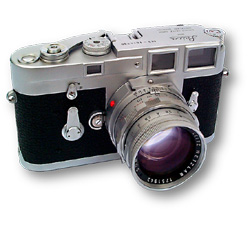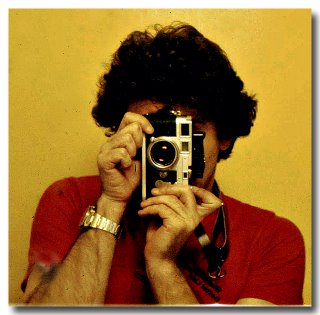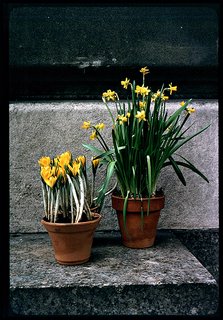This post will probably be the shortest one in this series, because for me, the cameras were forgettable.
After my OM-1 outfit was stolen, I got a very nice settlement from the insurance company, enough to replace everything fully. So I set out to buy pretty much the same thing: two camera bodies, a 24mm wide angle, a zoom in the 75-100mm range, and maybe a power winder.
At that time, the Minolta XD-11 had just come out, creating quite a stir in the amateur photography world. It was a compact camera, about the size of the OM-1, but with exposure automation -
both shutter priority and aperture priority, selectable. Of course, you could also turn off automation and use it as a match-needle (match-diode, actually, the age of electronic
Wunderplastik cameras had just begun.)
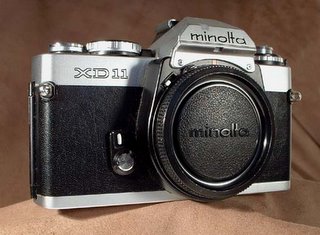
So I went that route, buying an XD-11, along with an XG-7 as a second body. The XG-7 was similar, but with only aperture-priority automation plus manual operation. I also got a 24mm Rokkor lens and a zoom.
But I just didn't
care for these cameras - I don't know exactly why. I think they just didn't
feel as good as the OM-1's did to me. I know that technically speaking, there was nothing wrong with either camera or the lenses. Just didn't like them. I probably should have stuck with OM-1's, or maybe even an OM-1 plus an OM-2 body (the OM-2 had the option of aperture-priority automation, but in essentially the same mechanical body as the OM-1.)
After a little more than a year, I sold all the Minolta equipment for $600, a considerable loss, and I have no photos that have survived from these cameras. Most of the pictures I took during that year were with my Leicas and the Minolta CL.
 At the opposite, southern end of the Jersey Shore from Sandy Hook, Cape May is a sparkling resort town full of victorian gingerbread houses like this one. In fact, this particular house is a bed & breakfast called "The Gingerbread."
At the opposite, southern end of the Jersey Shore from Sandy Hook, Cape May is a sparkling resort town full of victorian gingerbread houses like this one. In fact, this particular house is a bed & breakfast called "The Gingerbread." 




